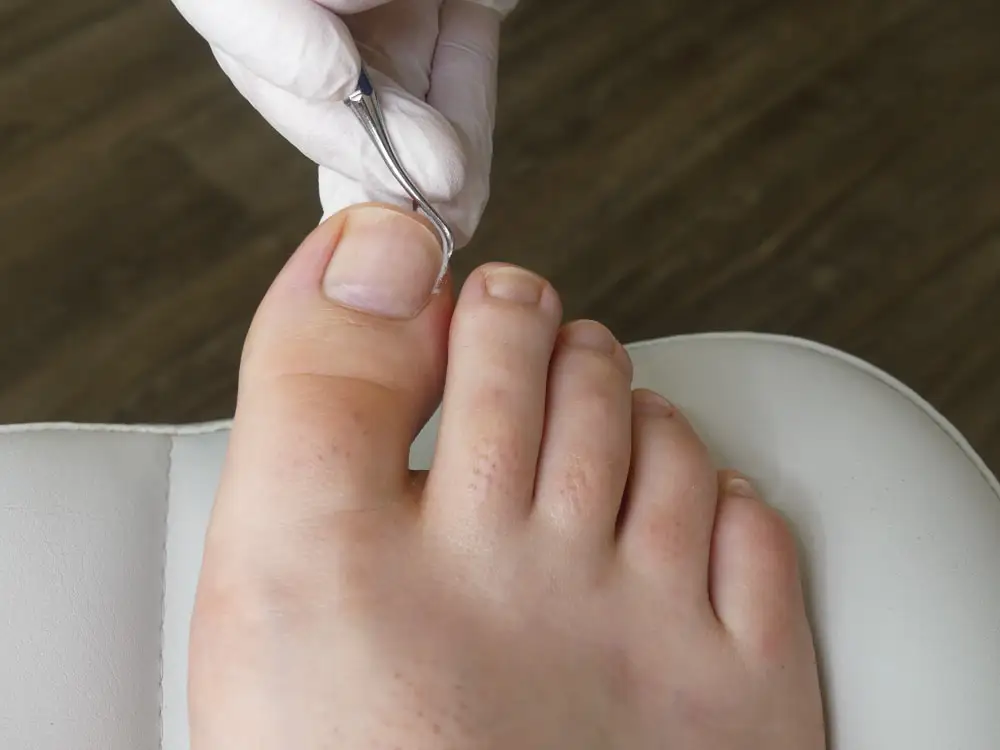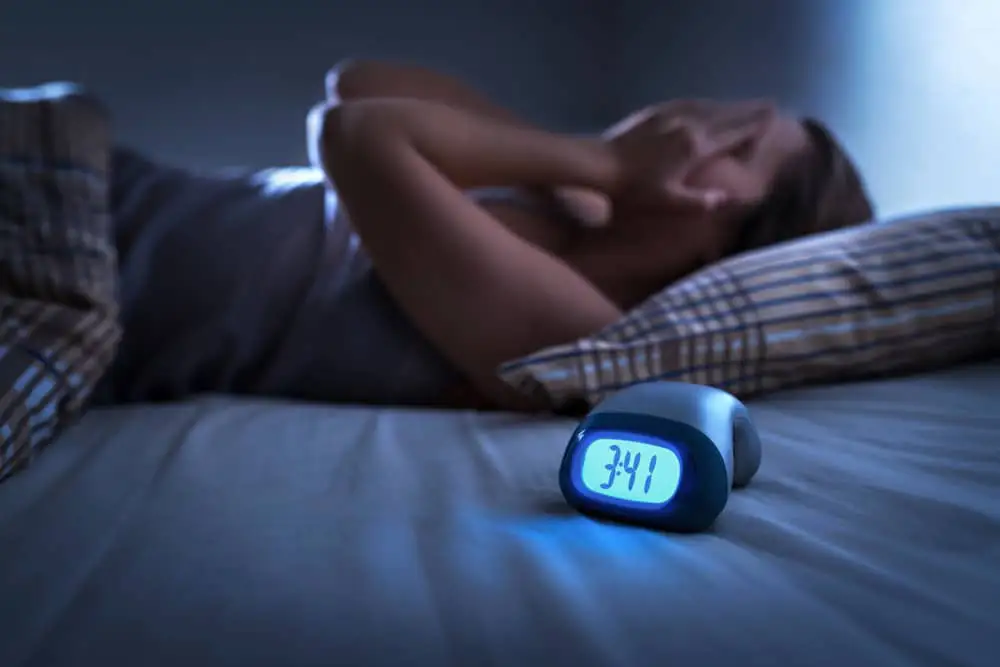If you’re seeking help for an ear-related problem, it can be difficult knowing whether to see an audiometrist or audiologist. They both deal with ear issues and share some common responsibilities, but are also distinctly different.
Here’s a breakdown of audiometrists vs audiologists, so you can decide which to visit.
The Key Differences Between Audiologists And Audiometrists
In a nutshell, audiometrists help with hearing issues, and audiologists with all ear-related issues. Both can diagnose and help you to manage hearing loss, but an audiologist has a much wider scope of medical practice, and can help with other issues. The difference is clearer when breaking down the suffix in their roles—metrist relates to the word metre, which is the pattern of beats in music, and logist relates to an entire branch of study (e.g. a biologist, who is trained in biology).
For hearing issues, both can diagnose hearing loss through audiometry tests, take ear moulds, fit hearing aids, and conduct follow-up exams with patients. However, these tasks are often performed by audiometrists, who usually work under the supervision of an audiologist. As part of their non-medical focus on hearing issues, audiometrists who complete an additional diploma and gain clinical experience can also repair hearing aids.
In addition to being able to diagnose and manage hearing-related issues from a medical standpoint, audiologists are trained doctors who can work independently from other healthcare professionals. They can help with issues such as vertigo, tinnitus, as well as helping to identify disorders like dyslexia, ADD, and autism. They can complete the following common tasks in their role:
- Fit cochlear implants, moulded ear plugs, and assistive devices
- Clean ear canals
- Complete auditory rehabilitation
- Prescribe medicine
- Educate you on how to reduce discomfort and improve communication
- Work with speech pathologists, psychologists, physicians and others to develop treatment plans
- Carry out counselling to improve quality of life
- Assess auditory processing function, and neural function
The difference in practice scope between audiometrists and audiologists is reflected in the level of their training. Audiometrists complete a two-year diploma (Diploma of Audiometry, or Diploma or Hearing Device Prescription) and gain two years of clinical experience. Audiologists complete eight years of education, including a post graduate diploma or masters degree (Post Graduate Diploma in Audiology, Masters of Audiology), as well as 12 months of clinical experience
Essentially, audiologists are trained doctors, and audiometrists healthcare professionals. Both work in similar environments—hospitals, hearing clinics, ENT practices, GP clinics, and schools, to name a few. If you believe that you’re losing your hearing, and the loss isn’t sudden, you may want to book an appointment with an audiometrist. If the audiometrist suspects that the issue is more serious, they may refer you to an audiologist for a more comprehensive diagnosis.
Some audiologists specialise for particular age groups such as children, or the elderly, whereas audiometrists usually work with people of all ages. Audiologists might also specialise in particular areas such as extreme hearing loss, or tinnitus.
How To Fix Ingrown Toenails
Ingrown toenails occur when the corner or edge of a toenail curves and breaks through the skin of the nail and the skin surrounding the nail. It is a common condition and typically affects the big toe. If it becomes infected (you notice pus or fluid) and is left untreated, it can spread and infect…
Swimmer’s Ear | How To Diagnose & Treat For Kids & Adults
Swimmer’s ear is a relatively common outer ear canal infection that is usually caused by trapped water. It can be painful, but is easily treatable by GPs or ear specialists. What Is Swimmer’s Ear? Swimmer’s ear (acute otitis externa) is an infection in the outer ear canal—the passage that runs from the outside of your…
4 Major Sleep Disorders & How To Spot & Treat Them
Getting enough sleep is one of the most important things we can do to maintain our health. But sometimes sleeping is easier said than done. In this article we explore the most common sleep disorders, including what they are, how to treat them and when to seek help. What Is A Sleep Disorder? A sleep disorder is…




